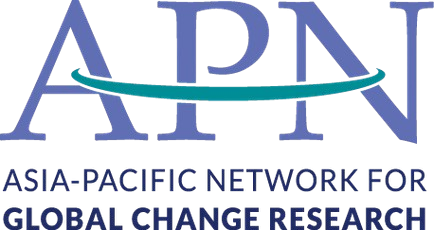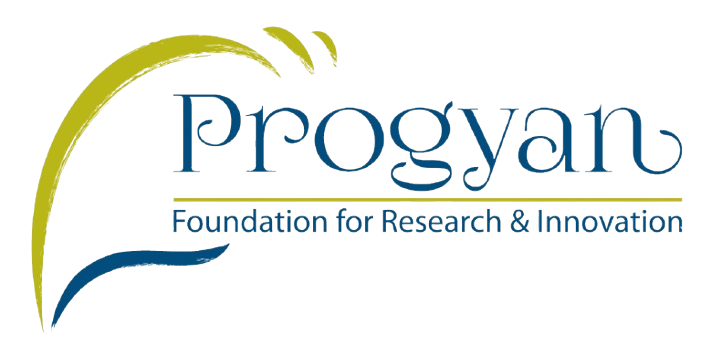Role of international organizations in the coastal agriculture of Sri Lanka post political crisis
A multi-stakeholder webinar titled ‘Role of international organizations in the coastal agriculture of Sri Lanka post political crisis’ was organized on November 27, 2024. Supported by the Asia-Pacific Network for Global Change Research (APN) and organized by the South Asian Forum for Environment (SAFE) in association with the Progyan Foundation for Research and Innovation (PFRI), the webinar served as a regional platform for understanding the role of international organizations in the coastal agriculture of Sri Lanka after the political crisis.
Respected academics, scientists, and practitioners from Sri Lanka and India came together to discuss their experiences and opinions on this issue and made the webinar a success.



